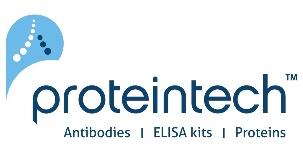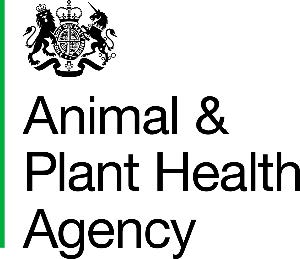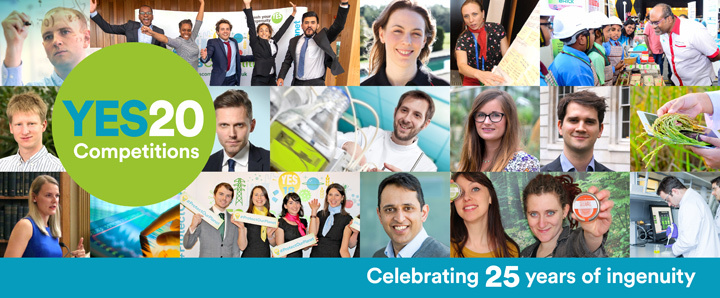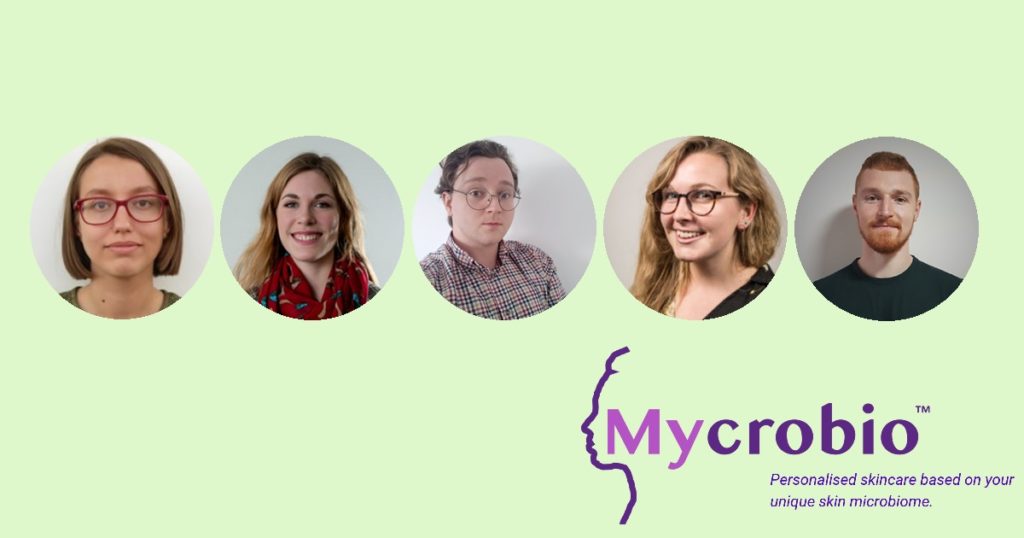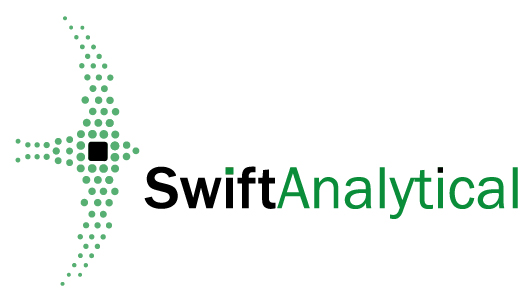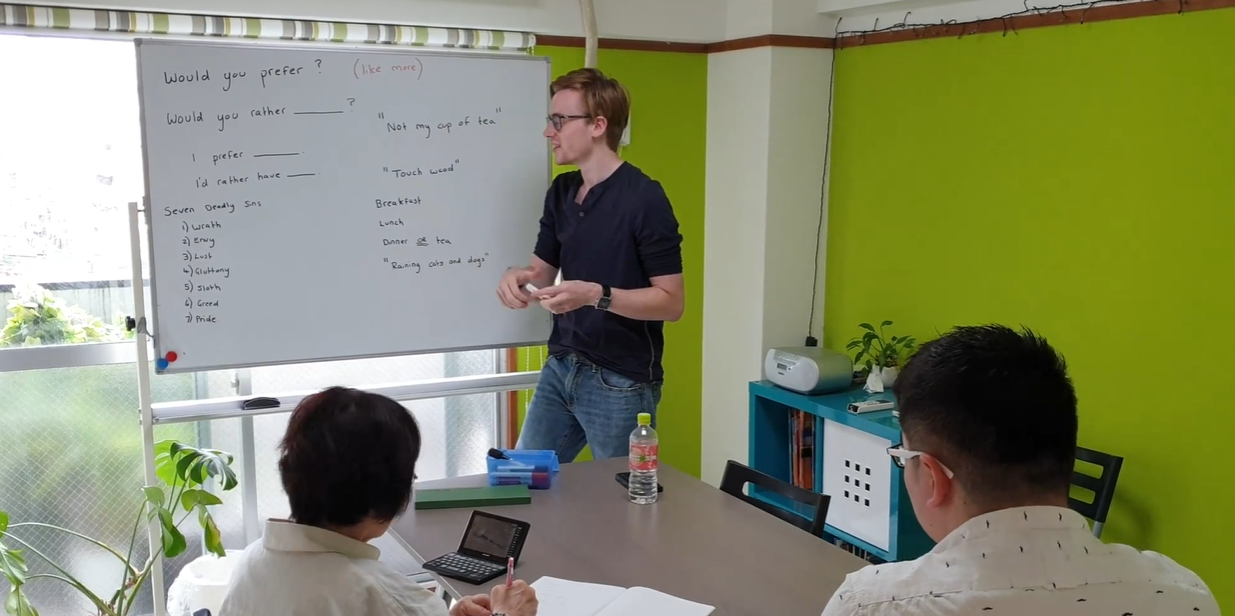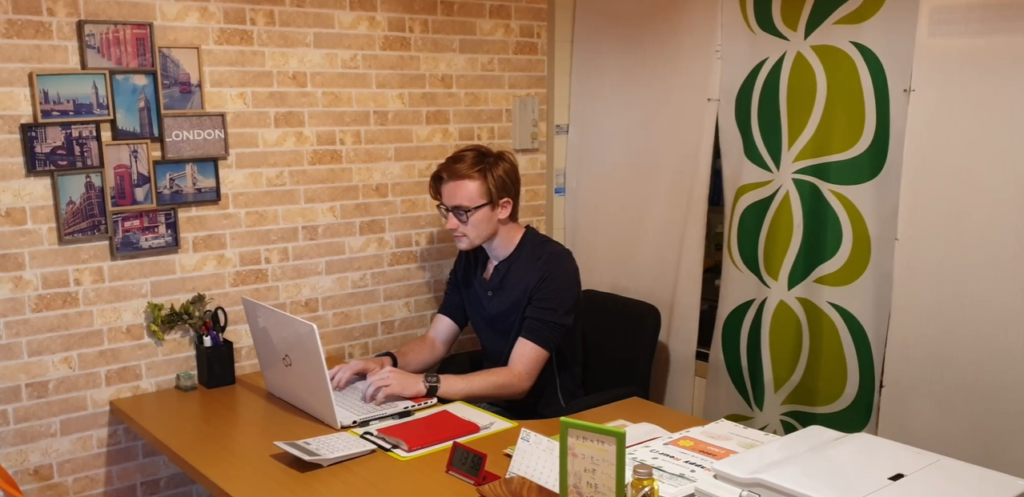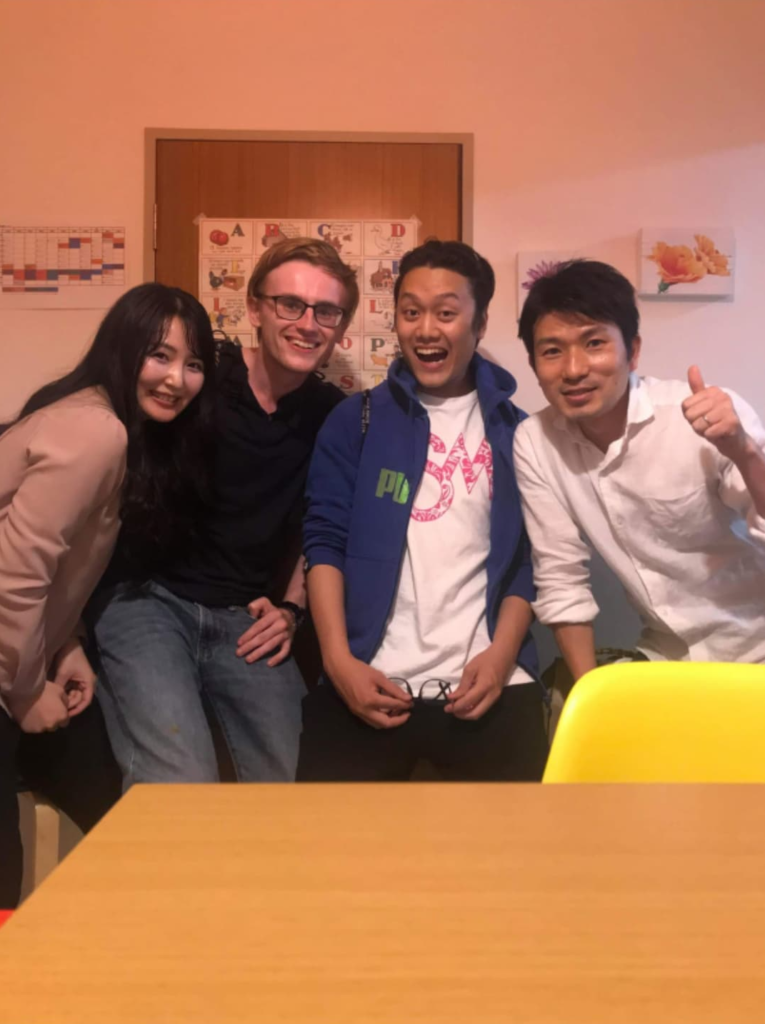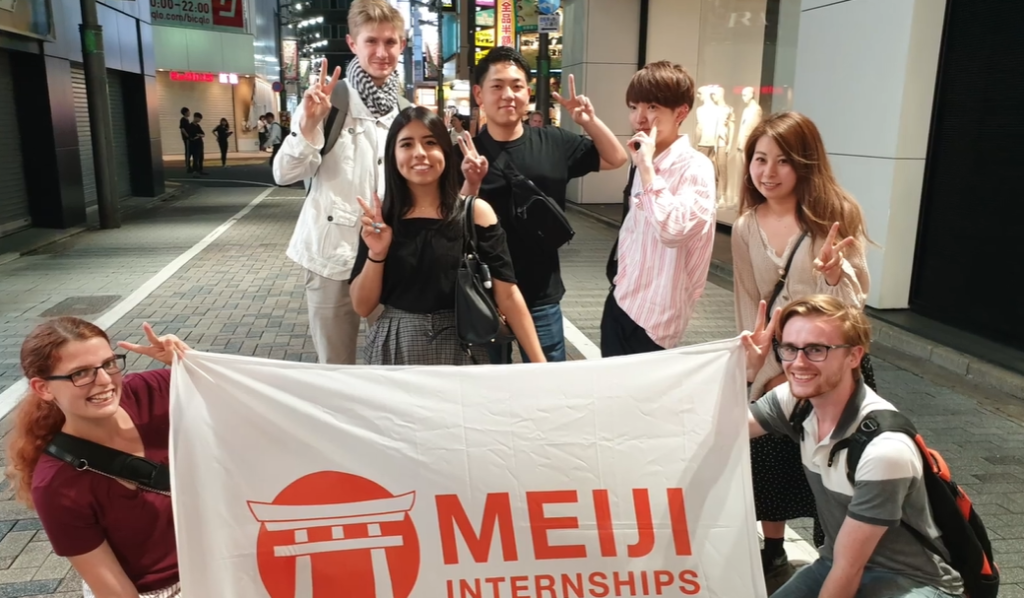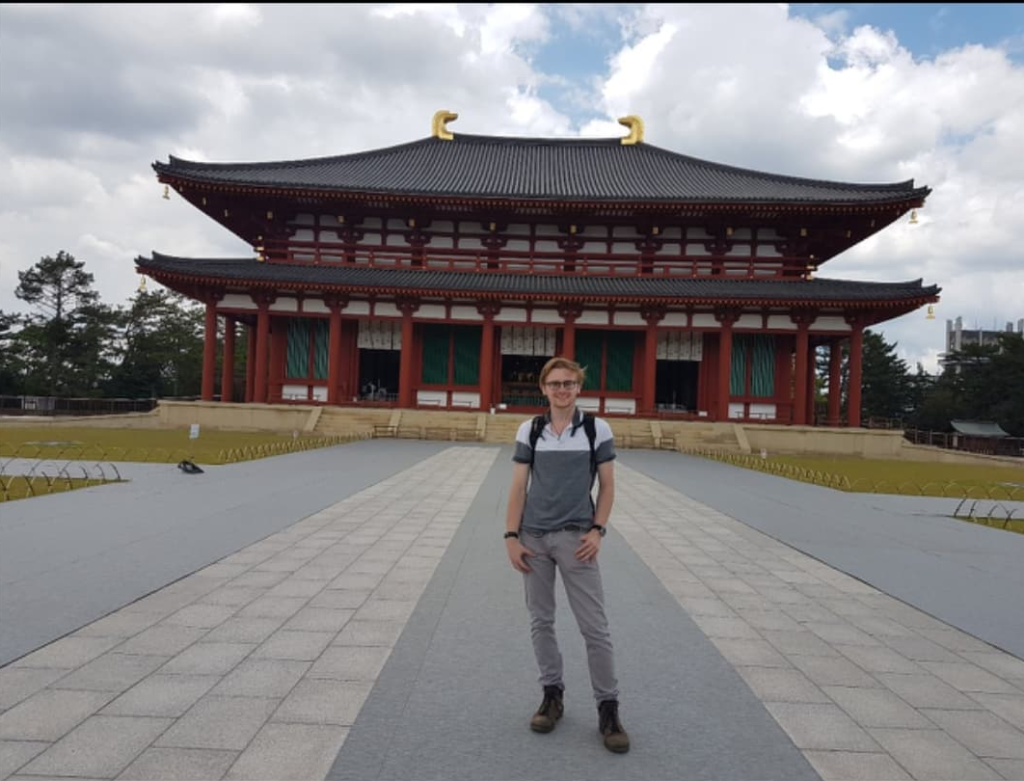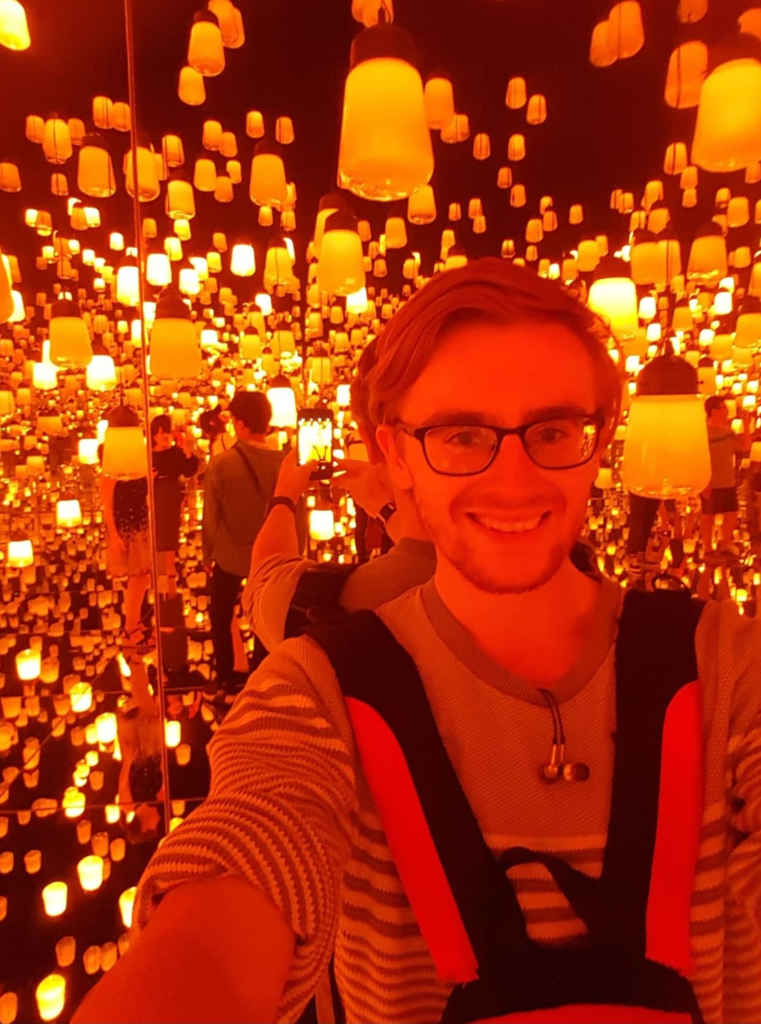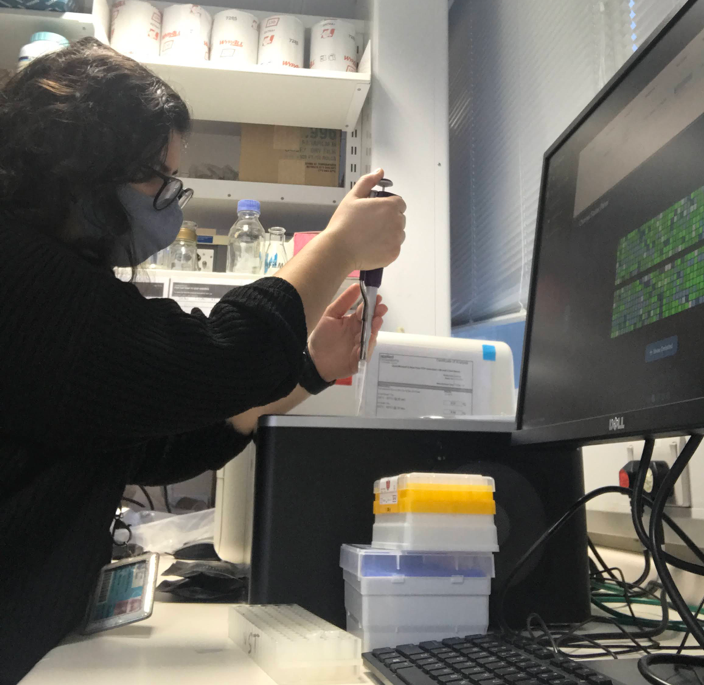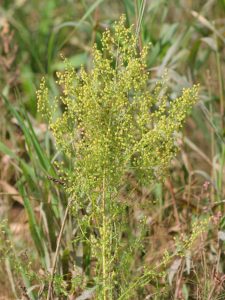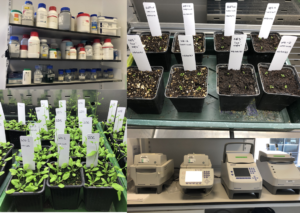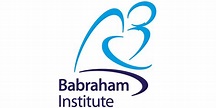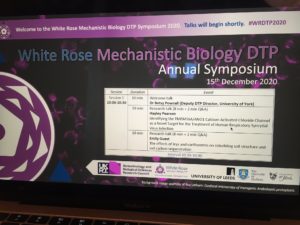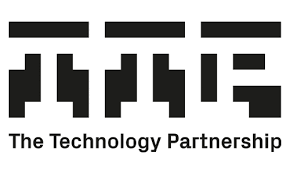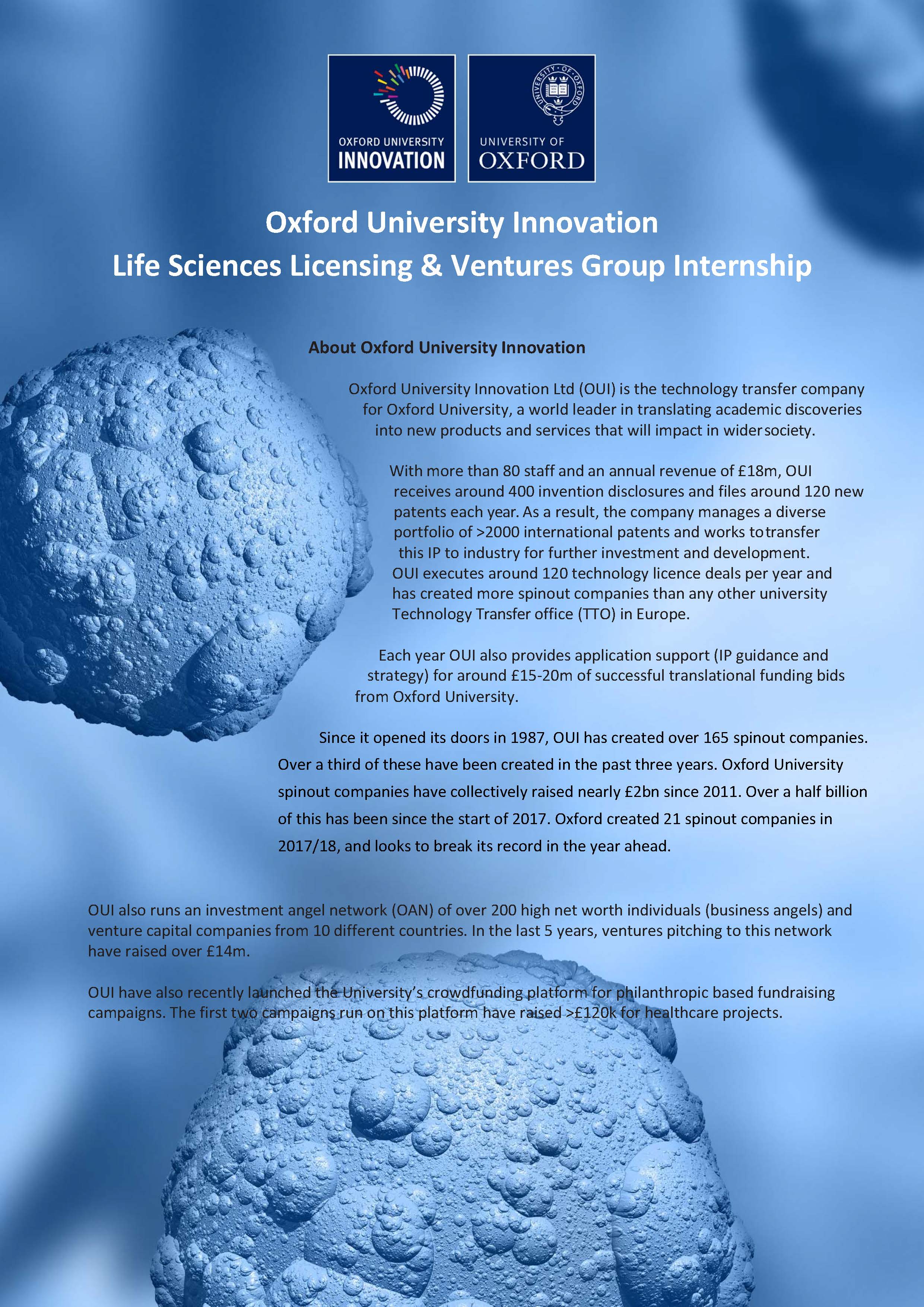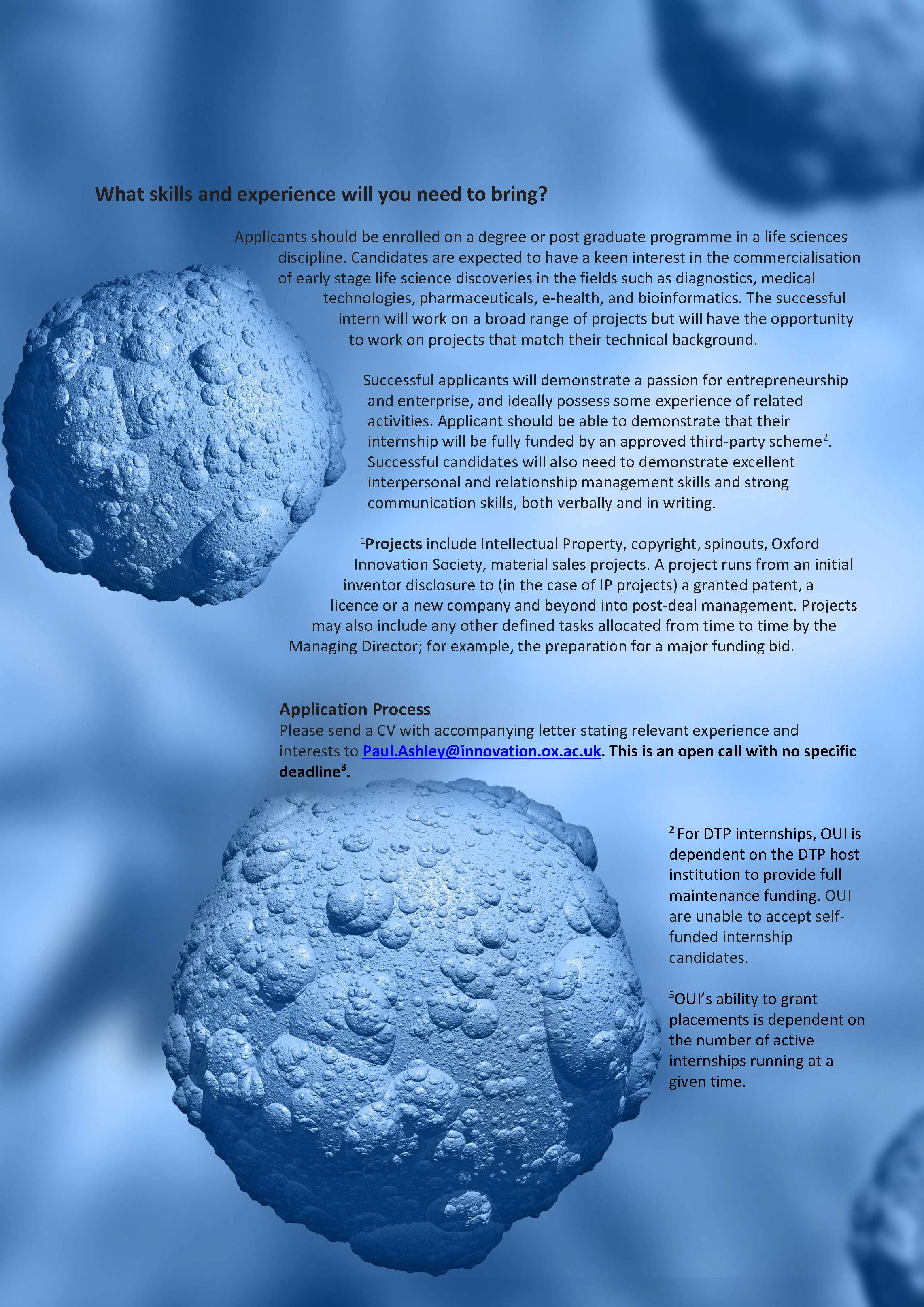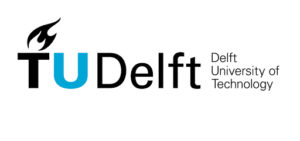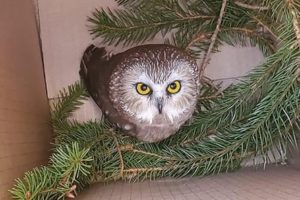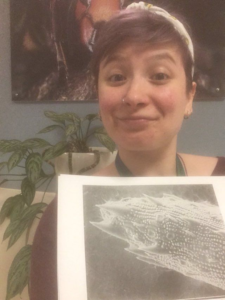12 weeks PIPS project 2021: Exam digitalisation
Background information
The ABPI exists to make the UK the best place in the world to research, develop and use new medicines. We represent companies of all sizes who invest in discovering the medicines of the future.
Website: https://abpi.org.uk/#03c6c108
Our members supply cutting edge treatments that improve and save the lives of millions of people. We work in partnership with Government and the NHS so patients can get new treatments faster and the NHS can plan how much it spends on medicines.
Every day, we partner with organisations in the life sciences community and beyond to transform lives across the UK.
One role undertaken by The Association of the British Pharmaceutical Industry (ABPI) is delivery of the professional ABPI Medical Representatives Exam, taken by those who call upon doctors, dentists, and other UK prescribers and/or promote medicines based on their therapeutic properties. This includes representatives from virtually all pharmaceutical companies with UK operations.
Integrity of the Exam is crucial to building and maintaining the trust and reputation of the UK pharmaceutical industry.
When the COVID-19 pandemic emerged, paper-based exams that were held monthly at venues across the country were cancelled and the ABPI have since moved all examinations online. In the coming months, we are introducing a new examination platform which will provide for increased focus on digital learning.
Please note: since the Covid pandemic reached the UK, the ABPI has successfully undertaken virtual onboarding of several interns.
Project offered
Following on from previous successful PIPS internships for other projects, we are once again, seeking a PIPS student to apply their scientific and project management experience in an examinations and education context.
This 12 week project seeks to contribute to the development of the online ABPI Medical Representatives Examination learning materials. The output of the project will be the successful delivery of the newly formatted exam learning content which will be important in maintaining integrity of the industry as the world continues to move to remote learning. The online resources will significantly support our candidates on their learning journey.
The applicant will be expected to support the ABPI Education and Examinations Executive with development through liaising with internal teams, external providers, and the ABPI Exam Governance Committee and Exam Steering Group. Alongside this role, there may be the opportunity for the applicant to contribute to updating and/or incorporating new material to the exam, and development of new qualifications.
The intern will be working within the Research, Medical & Innovation team and may also need to liaise with individuals within ABPI member companies. Should there be any opportunities for attendance at internal meetings or on pharmaceutical site visits, the intern will be able to take advantage of these. Whilst we remain working remotely, opportunity for face-to-face contact will be minimal, however there will be many virtual opportunities to engage with members.
The successful applicant can expect to have a supervisor who will meet regularly for virtual guidance and support at the current time, with potential face-to-face meetings depending on Government guidance in relation to covid and company policy.
Timing
The exact timing can be confirmed with the successful applicant, though we would expect this to be undertaken with a start date in Quarter 3 2021. We anticipate the project to run for 12 weeks. This is a contract for Monday to Friday 9-5pm, with a one hour lunch break.
Location
The project is currently entirely remote working. There may be some scope for days at the ABPI office, 105 Victoria St, London SW1E 6QT, dependant on Covid developments. All IT equipment required to undertake the project will be supplied to you.
Benefits to student undertaking this project
This project is a great opportunity to gain and develop science communication experience, with similar projects in the past having provided opportunities to develop contacts which could be helpful to someone considering a future career in industry. The successful applicant can be expected to be treated as a member of the ABPI Research, Medical & Innovation Team, and as such, will benefit from professional development, cross functional working, interaction with wider stakeholders and an opportunity to gain a deeper understanding of the pharmaceutical industry.
Funding
Normally we would reimburse modest travel expenses however, we are currently working remotely. If during the project you are required to travel to our offices in London Victoria or to a pharmaceutical site visit, travel expenses and reasonable lunch expenses will be fully reimbursed.
Applications
A CV and covering letter should be sent to Andrew Croydon, Skills & Education Policy and Examinations Director, ABPI (acroydon@abpi.org.uk), by close of business Tuesday 27th April 2021. Should you have any questions prior to applying, these should be sent to Alice Coburn, Education Executive, ABPI (acoburn@abpi.org.uk).

